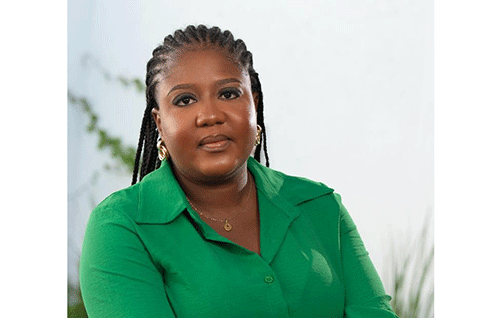Let us step back from the noise.
The inauguration, the reshuffles, the headlines about rain, ministers, titles and missed vetting – yes, they have dominated the first wave of commentary.
But underneath the noise, something is shifting. Quietly, yes. Imperfectly, yes. But unmistakably.
We are entering a new era. It is not just symbolic. It is structural.
Namibia’s reciprocal visa framework – asking United States, United Kingdom and other passport holders to apply for entry the same way we do – is not about revenge.
It is about sovereignty.
It is about saying: “If our citizens need to knock to enter, yours will too”.
That is not emotional.
That is geopolitical literacy.
In a world where visa power is silent leverage, Namibia just joined the conversation with clarity.
Some appointments raised eyebrow – a rape accusation, a health minister under intense public scrutiny, questions about vetting and concerns about experience.
But here is what mattered more than the noise: the President did not flinch.
She did not fire to pacify. She did not reshuffle under pressure. She let the scrutiny do its work. She chose evidence over emotion.
There is a difference between silence and strategy. One avoids, and the other listens, absorbs and moves with precision.
A quiet directive now mandates that all senior government officials – including ministers – must use public hospitals.
This is not a photo op. This is a policy recalibration.
Namibia’s health sector is burdened: rats in corridors, medical shortages and pressure on staff. But now those in power are being told to “lead from inside the system. Live it. Don’t just govern it”.
This is not a public relations shift. It is a structural humility test, and it matters.
Structural shifts
Ministries were streamlined. Old structures were reconfigured. For the first time, performance metrics are being talked about as a baseline – not a bonus.
The reshuffles were not perfect. But they were not aimless either. This was not about rewarding people. It was about re-engineering systems for delivery.
When reports of labour violations at a prominent hospitality company surfaced, the State responded within hours. An inter-ministerial taskforce was activated to investigate. That kind of speed is rare. That kind of accountability is even rarer.
It may not be perfect yet, but it is a movement – a movement matters.
South Africa is under United States’ pressure. Zimbabwe is navigating deep political tension. The region is loud.
Namibia is quiet, calm and stable
In diplomacy, that is leverage, especially when the Global South is recalibrating its alliances in real time.
In regional development terms, this is what we call leverage. China is watching, so is the Global South.
In January, China’s foreign minister visited Namibia. That was not routine – it was deliberate.
Our ports, strategic minerals and energy capacity are not just economic talking points. They are geopolitical chess pieces.
China respects three things: clarity, stability and partners who understand their own value.
China-Africa Joint Research and Exchange Programme aligns well with our health, education and logistics goals.
We now sit at the centre of conversations we used to chase.
Namibia continues expanding investment in solar grids and renewable frameworks.
Not as a public relations exercise – but because we want to own our energy future.
We are not trying to impress anyone. We are building longevity.
We are not there yet but we are not where we were. This administration has not been without its challenges.
Vetting processes could be strengthened, communication can always be sharpened, and the full clarity of some reforms is still emerging.
However, what cannot be denied is this:
There is movement, restraint and dignity.
This is not a perfect government, but it is a different one.
If we stay focused – not on who wore what or who did not speak – but on what is quietly being shifted.
We might just realise we are already standing in the very change we said we wanted.
*Penny T. Uukunde is a regional development economist|Africa–China specialist.



